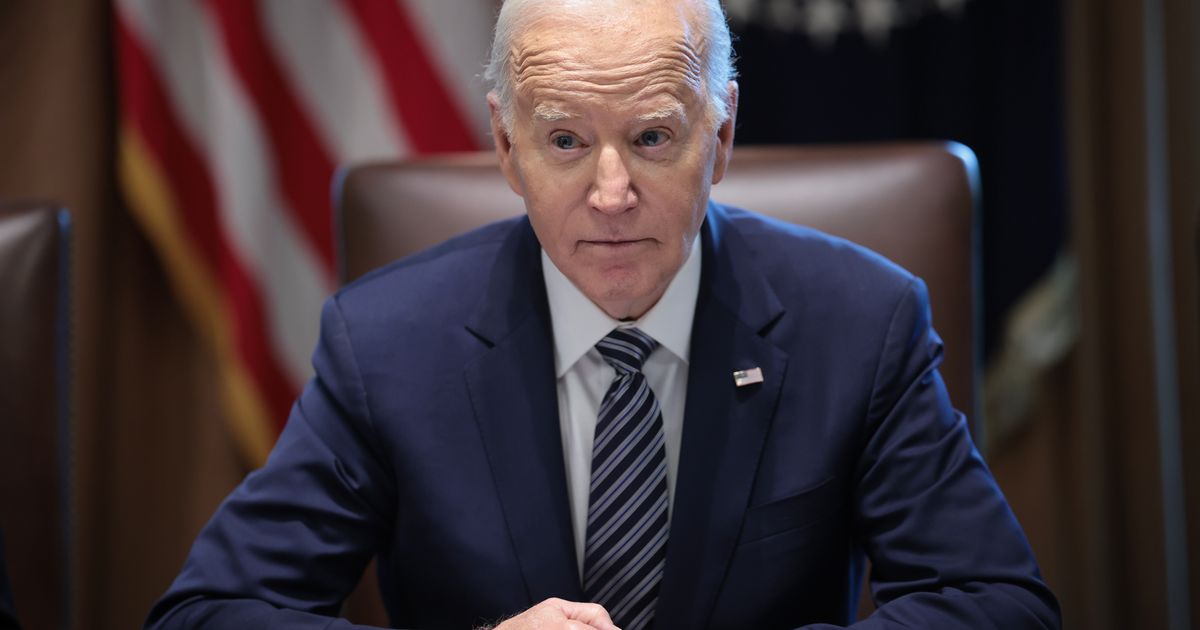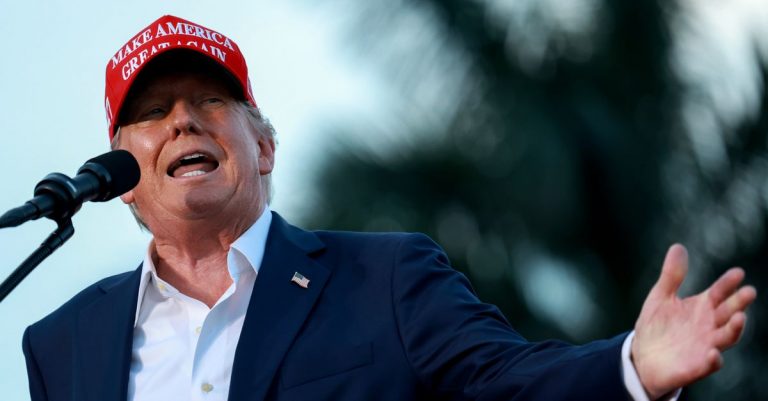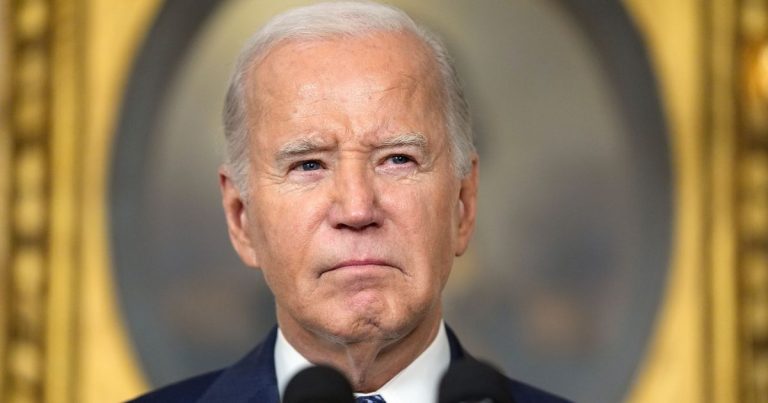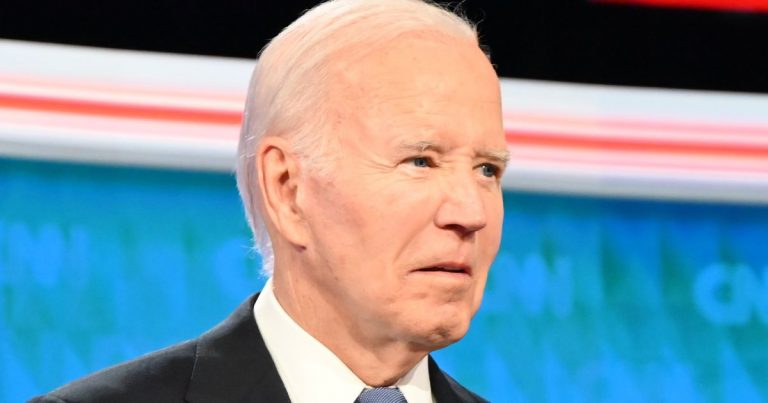Biden Administration to Change Marijuana Classification to Less Harmful Drug
President Joe Biden’s administration announced on Thursday a groundbreaking move to reclassify marijuana as a less dangerous drug, marking a significant step toward reforming outdated drug policies.
With the White House’s approval, the Department of Justice (DOJ) will initiate the process by publishing an official notice that opens a two-month public comment period on the proposal to shift marijuana from a Schedule I drug to a lower Schedule III drug. This shift would take marijuana out of the same category as heroin and reclassify it alongside substances with “a moderate to low potential for physical and psychological dependence.”
President Biden expressed his support for the move, stating, “Far too many lives have been upended because of a failed approach to marijuana. And I’m committed to righting those wrongs.”
Following the public comment period, the Drug Enforcement Administration (DEA), a branch under the DOJ, will be able to designate an administrative law judge to make a final recommendation on rescheduling marijuana.
It’s essential to note that reclassifying marijuana to Schedule III would not legalize the substance on a federal level. However, numerous states have independently legalized marijuana due to its perceived medical benefits and the lack of reported deaths associated with its use.
Drugs listed under the Schedule III classification include ketamine, anabolic steroids, testosterone, and certain substances containing a limited amount of codeine.
The National Cannabis Industry Association praised the administration’s move but emphasized the need for further progress. Aaron Smith, the group’s CEO and co-founder, stated, “Now it’s time for Congress to enact legislation that would protect our industry, uphold public safety, and advance the will of the voters who overwhelmingly support making cannabis legal for adults.”
During a press briefing, White House press secretary Karine Jean-Pierre highlighted President Biden’s efforts to right historical wrongs related to marijuana offenses, including his record number of federal pardons for possession of marijuana.
However, some legislators, including Senators Elizabeth Warren and John Fetterman, argued that rescheduling alone is insufficient to address the systemic issues surrounding cannabis. They emphasized that rescheduling would not eliminate the disparities in arrests and convictions related to marijuana offenses experienced by Black and brown communities.
Sen. Ron Wyden, a proponent of decriminalizing cannabis, emphasized the need to not only reschedule but also put in place smart federal regulations to address the harms caused by the current system. He stated, “Now it’s time to follow the lead of 24 states and more than half the country by decriminalizing and putting in place smart federal regulations.”
As the Biden administration takes steps to reform federal cannabis policies, the conversation around marijuana legalization and decriminalization continues to evolve. The move to reclassify marijuana signifies a positive shift towards a more rational drug policy that considers both public health and individual liberties.
Our journalists at Boston Post News are committed to providing in-depth coverage of these significant policy changes and their implications for our society. Your contribution can help us continue to deliver high-quality reporting during this critical time. Your support is crucial in upholding the principles of a free press and ensuring that important stories are brought to light.
Join us on this journey to stay informed and engaged with the latest developments in drug policy reform and other pressing issues of our time. Together, we can contribute to a more just and equitable society.








